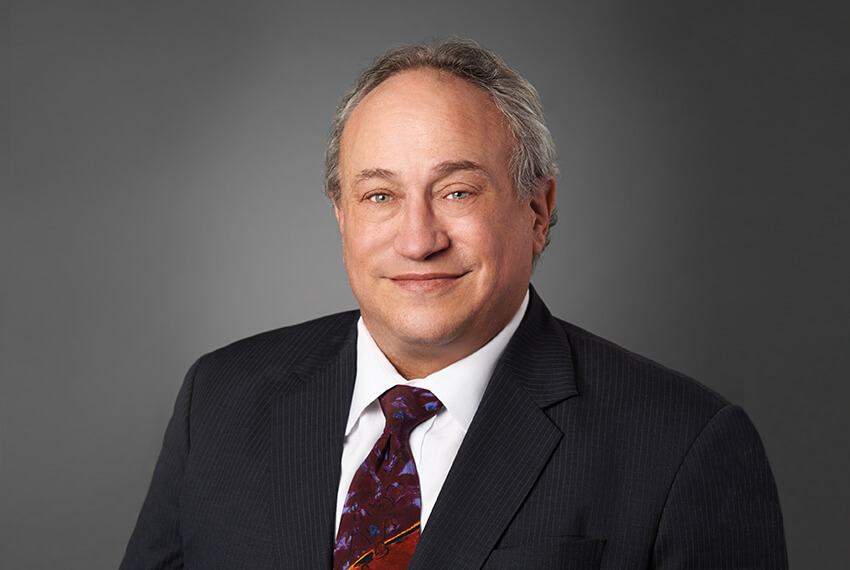
Many individuals who establish trusts choose to name a close friend or relative as trustee. However, there are many situations where naming a corporate fiduciary is a far better alternative.
Acting as a trustee requires that the person have a good background in finance and tax. Failing that, the liability of making poor financial decisions may be overly burdensome for someone selected primarily because of their relationship with you. Depending on the size of the estate, performing as a trustee may require more time and energy than the person is able to devote to the required duties.
Here’s another problem, and one that we see often. It is unfair to the beneficiaries of the trust to pay a trustee for services rendered if the trustee is not qualified to perform the services, or does not have the necessary credentials to manage the trust. Even if friends or family members are professionals in finance, law or tax, they may not necessarily have the right knowledge of estate tax. They may be capable and trustworthy without being qualified. Paying them if they are not qualified may lead to bad feelings between family members and/or friends.
Along those lines, naming a friend or relative may subject the individual to highly charged and emotional disputes. If they are a friend, they may not appreciate being thrust into a family argument, and if they are a family member, they may bring their own emotional baggage that may complicate even the simplest of arrangements.
An alternative is the corporate fiduciary, which will take on a more business-like approach to the tasks and responsibilities of managing a trust without becoming emotionally involved in any disputes among the beneficiaries. Naming a corporate fiduciary also adds permanence to the choice and ensures that individuals who are skilled in money management, taxes, and conservation of trust principal will administer the trust.
Selecting a bank or independent trustee does not preclude family participation in the trust decisions. A friend or family member might be named as a co-trustee, with power to make or participate in decisions regarding discretionary distributions to beneficiaries.
The best estate plan in the world can be undermined by poor trustee selection. This is a decision to discuss with advisors, including the family estate attorney, CPA, financial advisor, and other trusted professionals.

This article was provided by Stephen J. Silverberg, Attorney at Law, Founder of the Law Office of Stephen J. Silverberg, P.C., one of New York’s TOP Elder Law and Estate Planning Law Firms. Attorney Silverberg and his firm are Members of the National ElderCare Matters Alliance and have a Featured Listing on ElderCareMatters.com– America’s National Directory of Elder Care / Senior Care Resources to help families plan for and deal with the issues of Aging.
If you have additional questions about your family’s Elder Care / Senior Care Matters, you can count on ElderCareMatters.com (America’s National Directory of Elder Care / Senior Care Resources) to help you find America’s Top Elder Care / Senior Care Professionals. You can find Local Elder Care / Senior Care Experts by Searching our National Database by City and Service Category. (This Search feature is located on the homepage of ElderCareMatters.com).
The Elder Care / Senior Care Experts who are found on ElderCareMatters.com can provide you with the help you need in a wide range of Elder Care / Senior Care Services, including Elder Law, Estate Planning, Home Care, Assisted Living, Care Management, Daily Money Management, Senior Living, Investment Advisory Services, Tax & Accounting Services, Wills & Trusts, Probate plus many other Elder Care Services.
We look forward to helping you plan for and deal with your family’s Issues of Aging.


